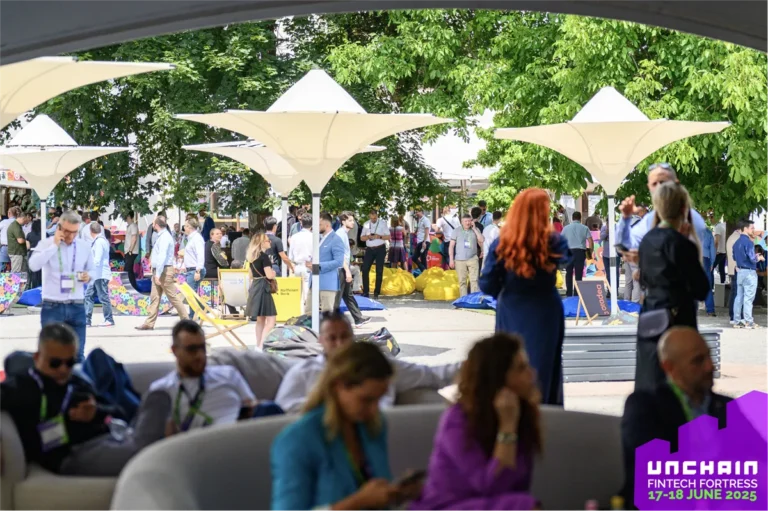Romania
New details emerge about the recent Danube boat accident claiming multiple lives, including that of a young child

PM Orbán at Tusványos: We would secure landslide victory in a snap election

The end: Devastating flood shuts down iconic Praid salt mine forever

Deputy PM Semjén: All Tisza party can do is hurl hatred and slander at PM Orbán

Balázs Orbán said that Hungary should act like Mongolia, Mexico, Presian Gulf countries

EU-funded project focused on Hungarian composer, pianist, and ethnomusicologist Béla Bartók’s legacy

Mixed-race, illiberal state, serving Moscow: Fidesz’s Tusványos kicks off tomorrow with another probably provocative Orbán-speech

“The dirt under your nails is Romanian”: Anti-Hungarian slurs and scandalous circumstances at a match in Transylvania

Wizz Air stops flights to 2 popular UK destinations – but here’s the good news

Dacian silver treasure unearthed in Transylvanian village

Not again! Urgent action needed to save historic salt mine in Transylvania

With 500 programmes and PM Orbán’s keynote speech the 34th Bálványos Summer University and Festival in C Romania is ready to kick off

Orbán confident: “We will win the next election too”

Did historians just find the tomb of Dracula?

UNCHAIN 2025 Festival highlights report

Romania: Hungarian majority-owned company linked to far-right party AUR campaign

Parajd flooding causes fish deaths and water contamination in Hungary’s rivers

Orbán cabinet: Romanians in Hungary to receive over HUF 80m in funding





 ZH
ZH IT
IT DE
DE HR
HR NL
NL FR
FR JA
JA RO
RO RU
RU ES
ES TR
TR
